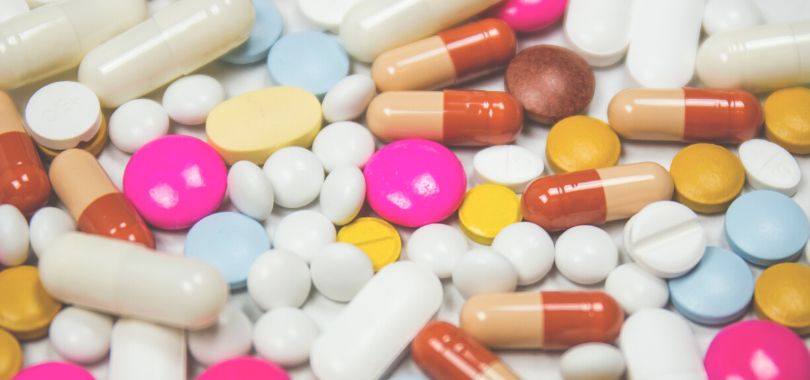New research is emerging to show that many medications significantly affect the microbiome and lead to long term health implications through disruption of healthy gut bacteria.
As mention already in my previous post about the importance of proper restoring the microbiome for optimum health, many medications and hormones actually have a toxic affect on the microbiome and can cause dysbiosis. It is crucial to for all of us to understand the consequences of medication use in the gut microbiome. I’ll talk about this in my next post.
A new study has found that many common drugs — including those that treat diabetes, digestive problems, bacterial infections, and even depression — could actually predispose people to certain types of infection by affecting the balance of their gut microbiome.
New findings
A new study from the University Medical Centre Groningen and the Maastricht University Medical Centre, both in the Netherlands, has found evidence to suggest that many common drugs — from antibiotics to antidepressants — have a significant impact on the gut microbiome. They can even disrupt the delicate balance of bacterial populations.
The researchers compared the results of people who took prescription drugs with those of people who did not. They also looked at the effects of individual medications versus combinations of drugs.
They found that 18 common drug categories have a significant impact on the bacterial composition of the gut microbiome, which could lead to serious health issues. These health issues included intestinal infections, obesity, gastrointestinal conditions and various conditions linked to gut health.
Many Medications Disrupt The Microbiome
While pain medications, steroids, antidepressant and hormones (contraceptives and hormone replacement) were shown to significantly impact the bacterial balance in the microbiome, four drug categories appeared to have the strongest impact. These were:
- Proton pump inhibitors (PPIs), which reduce the production of stomach acid
- Metformin, which helps people manage the symptoms of type 2 diabetes
- Antibiotics, which fight bacterial infections
- Laxatives, which help treat constipation
The analyses revealed that people who took PPIs had more upper gastrointestinal tract dysbiotic bacteria, and that their bodies produced more fatty acid. Meanwhile, those who took metformin had higher levels of Escherichia coli, a bacteria that can cause diarrhoea and urinary tract infections. One of the reasons many stop Metformin is because of significant gastrointestinal symptoms and pain. Long term it can also damage the liver.
Antibiotics Significantly Impact The Microbiome
We have always know that antiobiotics have an major impact on the gut and microbiome, but many people are unaware that all medications have the potential to disrupt the microbiome and cause significant harm to our health long term.
When it comes to antibiotics, alarmingly Australians are amongst the highest users of antibiotics in the world with 46% of the population taking one course of antibiotics annually.
A single course of antibiotics can disrupt the gut microbiota quantity and composition for up to four years. The loss of microbial balance leads to a breakdown of endothelial barrier protection, increased intestinal permeability, and subsequent immune dysregulation.
Proper Microbiome restore needs to be done properly
As mentioned in my previous post, the good news is although a dysfunctional microbiome can come about rapidly, you can begin to restore a healthy microbiome just as quickly through strategic microbiome restore.
As I have said before, when it comes to proper microbiome restore, it isn’t just as easy as taking any old probiotic, or a combination of probiotics. Microbiome restore requires and individualised and strain specific approach and it needs to be done in stages with antimicrobials, gut repair and prebiotics as well. Dysbiotic microbes can be hard to treat effectively because they have evolved and adapted to life inside human beings. Consequently, elimination of these organisms requires a similarly evolved and adapted approach. This is all part of the microbiome restore protocol I use with my patients.
If you would like to find out how to restore your microbiome properly, please give my friendly staff a call and find out how I may be able to assist you.
Regards
Andrew Orr
-No Stone Left Unturned
-Women’s and Men’s Health Advocate

Pingback: Could Your Bloating Be Caused By Stress, Anxiety, or Your Busy Life? -